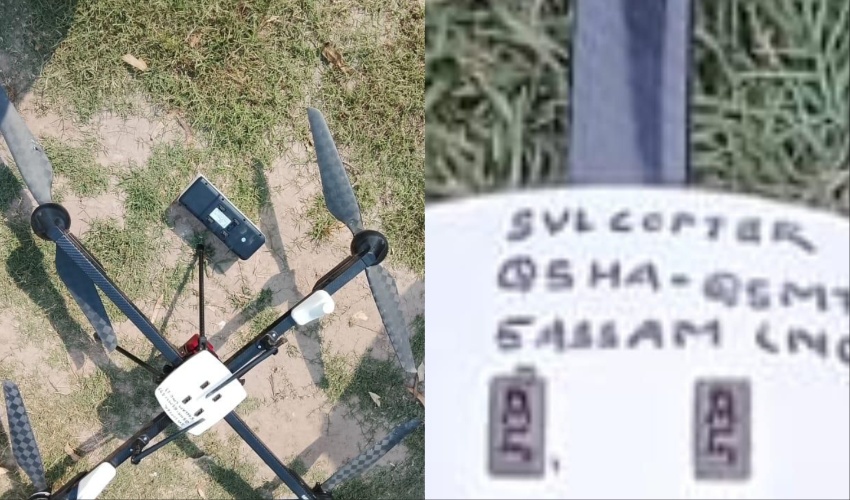The Supreme Court has highlighted systemic shortcomings in addressing appeal hearings for life imprisonment cases, pointing to administrative inefficiencies and judicial delays.
A three-member bench led by Justice Jamal Khan Mandokhel convened to hear an interesting case of Usman, a man sentenced to life imprisonment in 2007 for murdering Yasin in Sheikhupura. Incidentally, Usman’s appeal against the sentence, filed in 2017, has been only scheduled for hearing after he had already served his life term and been released from jail.
The public prosecutor said the accused was acquitted in this case after serving his sentence. Justice Jamal Mandokhel remarked that the accused filed a jail petition against his sentence in 2017.
Justice Athar Minallah openly criticized that successive chief justices since 2017 bear responsibility for failing to schedule Usman’s appeal for hearing.
"The Supreme Court is also administratively responsible for this negligence," Justice Minallah remarked, further stressing that the president, governor, and parliament possess the authority to demand accountability from the judiciary in such cases.
During the proceedings, the court discussed broader issues plaguing the country’s criminal justice system. Justice Minallah highlighted the inadequacy of resources, pointing out that only Rs350 is allocated for investigations in criminal cases. He called for comprehensive reforms in investigation procedures and the overall criminal system to ensure justice for common citizens.
Justice Shahzad Malik raised concerns about the shortage of judges and staff in both the Supreme Court and subordinate judiciary. While he acknowledged the recent increase in the number of Supreme Court judges, he stressed the urgent need for infrastructure development and additional judges in lower courts, including anti-terrorism and special courts, to handle the backlog of cases.
Justice Malik revealed that over 400,000 cases are pending nationwide, with an alarming number attributed to the Lahore High Court. He underscored the pressing need for systemic improvements to resolve these delays efficiently.
During the hearing, Khyber Pakhtunkhwa Deputy Advocate General Kausar Ali brought up the attack on the Khyber Pakhtunkhwa House in Islamabad, saying the powers lie with someone else. Justice Mandokhel rebuked him, stating, “Do not do politics in the court; these are the cases of common people.” He urged the province to prioritize justice in criminal and service matters rather than political agendas.
The Supreme Court ultimately disposed of Usman’s case, noting that he had already completed his life sentence and been released.



























